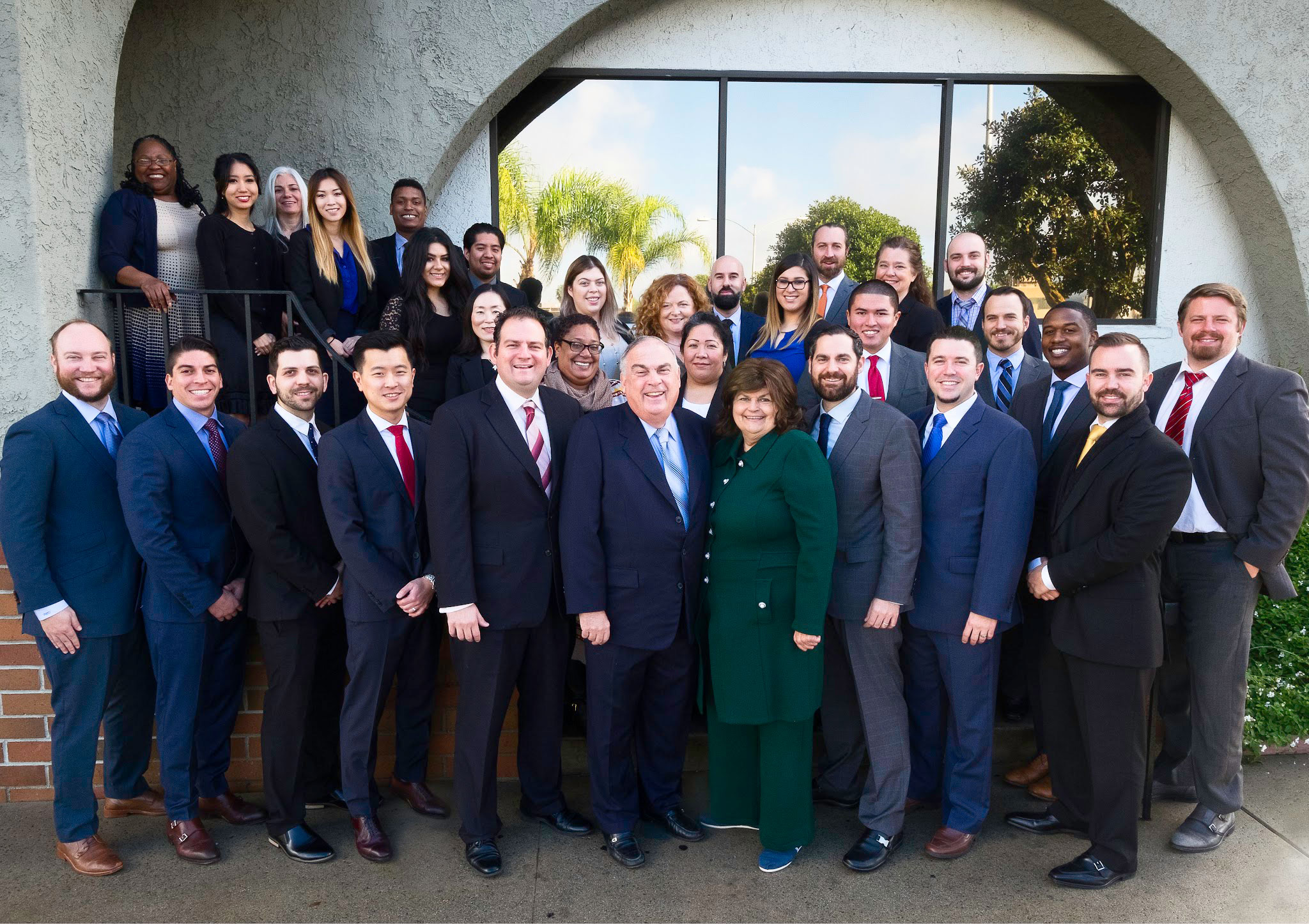Est. Read Time: 5-10 minutes
Planning for your financial future—especially major life events like retirement and college—requires a long-term view of your specific goals, short-term attention to cost-cutting and saving, and the discipline to stick to the plan once it’s formulated. The sooner you start, the better off you’ll be.
There are a number of actions one should take in order to gain and/or maintain control of their financial future, while also planning for the unexpected. According to several recent reports released by CNBC, Forbes and Potomac Wealth Advisors, they include:
![]() Have a Budget
Have a Budget
Create a budget plan that maps out all of your monthly income and fixed expenses such as rent, utilities, and insurance, as well as how much you can divert to savings and how much free discretionary income you have remaining per month, after all is deducted. Make it a priority to stick to the budget and meet your investment goals; review it periodically to see how well you’ve done in meeting those objectives.
 Get Everyone Involved
Get Everyone Involved
Discuss your finances with your loved ones, including your spouse and children. Talk about your goals, how you envision your future, and what you’ll need to get there. Teach children about money, specifically its value, and reinforce saving and cost-cutting habits with them.
 Become Cash-Savvy
Become Cash-Savvy
While planning your monthly budget, take a closer look at what you are spending money on. There may be ways to eliminate certain expenses without feeling a sting; then you can devote that savings toward your investment goals. Every bit saved and reallocated helps, so don’t be afraid to get fairly granular with cost-cutting measures.
 Assess Your Tax Bracket
Assess Your Tax Bracket
It’s important to consider your tax bracket for the current tax year, while factoring any changes that impact your taxes next year, such as a new job, a raise, retirement, or another significant change in your annual income. Then, either increase your deductions for this year or postpone them until next year, accordingly. For example, if you’re expecting to earn more in the current year than next year, you may want to donate to charity in December, so you can deduct the contribution this year. Consult with a tax professional for more in-depth guidance.
 Embrace Your Losses
Embrace Your Losses
When preparing for the next tax season, investigate any stocks and mutual funds you may have taken a loss on for the year, and consider selling those assets to offset other gains. The IRS limits your deduction to $3,000 of capital losses per year, however, unused losses can be carried over into future years. Again, a tax professional can help demystify the process.
 Consider Your Investment Mix
Consider Your Investment Mix
Your investment mix requires a periodic review, to ensure your current allocations are still in line with your financial goals and your level of risk tolerance. As the markets for stocks, bonds and other holdings change throughout the year, so do your allocation percentages; a review can help you determine if you need to rebalance your portfolio.
 Automate Savings
Automate Savings
The less you need to physically be involved with the process of saving, the better. Explore the many automated savings and investment programs out there, whether they’re computer programs or mobile apps, to help you save money without even thinking about it. You’ll be surprised at what you can amass in the background.
 Take Stock of Your Insurance
Take Stock of Your Insurance
Insurance companies regularly change their prices based on market conditions, so it pays to scrutinize your various insurance policies—including car, home, health, and disability—to be sure you’re getting the best deal and not overpaying for coverage you don’t need. Consider whether there are superfluous features bloating your premiums, or if reducing some deductibles can lower your payments. Also, be sure that you’ve specified your currently desired beneficiaries where applicable. If there are any open enrollment periods either through work or your state’s healthcare exchange, use that time as an opportunity to shop for the best rates.
 Get Flexible
Get Flexible
If you have a flexible spending account (FSA) through your health insurance provider, be sure you’re using it. This account—used to set aside pre-tax income in order to pay for out-of-pocket healthcare costs, including over-the-counter medications—may also have a yearly expiration date for use of funds, so be sure to spend those dollars before the end of the year. And if you’ve already missed the yearly deadline, find out if there’s a grace period you can still utilize.
 Plan For Your Kids
Plan For Your Kids
Consider taking actions that will assist your children (if applicable) 10 or 15 years in the future. This may include opening a 529 college account, or a 529 ABLE account for a child with disabilities. You may also want to create a trust or small investment account, so your children will enjoy a safety net after graduating college. These kinds of measures can help ensure a smooth transition for your children into adulthood.
 Analyze Your Retirement Plan Contributions
Analyze Your Retirement Plan Contributions
Be sure not to lose out on “free money” available to you through your job’s matching programs for various retirement plans. If you haven’t been maximizing company 401K matching percentages to date, there may be a “catch-up” opportunity available, so you can still accrue those funds this tax year. You may also want to increase IRA contributions, in order to take maximum advantage of the benefits.
 Formulate an Estate Plan
Formulate an Estate Plan
Unfortunately, retirement isn’t the only future event to plan for; there are also estate planning issues that need to be addressed, especially when concerning premature death. Take inventory of the assets, benefits and insurance policies that are in place to assist your family in the event of your or a family member’s passing, including beneficiaries, personal asset titling, and wills.
 Shrink Your Debt
Shrink Your Debt
Another crucial aspect of successful financial planning is formulating a debt management plan to prevent you from falling into a cycle of debt that may be hard to break out of. The plan should focus on paying the high-interest debt first, such as credit cards, then personal loans, followed by student loans, followed by mortgages. While you’re doing this, investigate ways of eliminating similar costs in the future, so you rack up less debt once your older debts are paid.
 Set Clear Goals
Set Clear Goals
It’s not enough to simply want to save; creating short-, medium- and long-term goals will help you stay on track and monitor your progress. Remember that budgeting and financial growth is a long-term process, like a marathon instead of a sprint. It’s useful to plot where you aspire to be at every stage of the race.
![]() Enlisting a trusted financial advisor may offer a huge advantage in meeting your future financial and retirement goals. Robert Hall & Associates can help with your financial planning, in addition to serving as your dedicated tax preparer and advisor. We proudly serve the San Fernando Valley, including Glendale, Pasadena and Burbank, as well as the Greater Los Angeles area. For help with long-term financial planning and guidance, please contact us online today or call us at 818.242.4888.
Enlisting a trusted financial advisor may offer a huge advantage in meeting your future financial and retirement goals. Robert Hall & Associates can help with your financial planning, in addition to serving as your dedicated tax preparer and advisor. We proudly serve the San Fernando Valley, including Glendale, Pasadena and Burbank, as well as the Greater Los Angeles area. For help with long-term financial planning and guidance, please contact us online today or call us at 818.242.4888.

